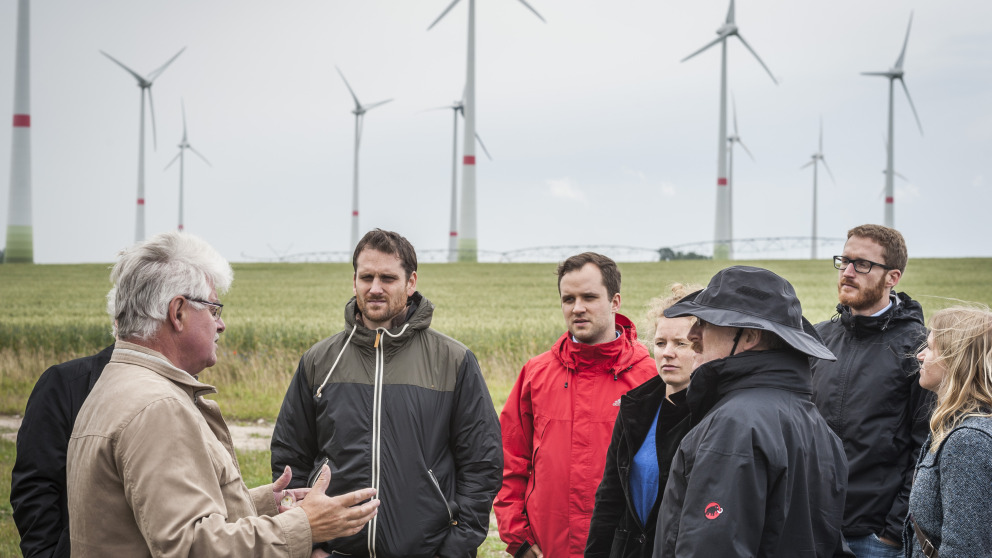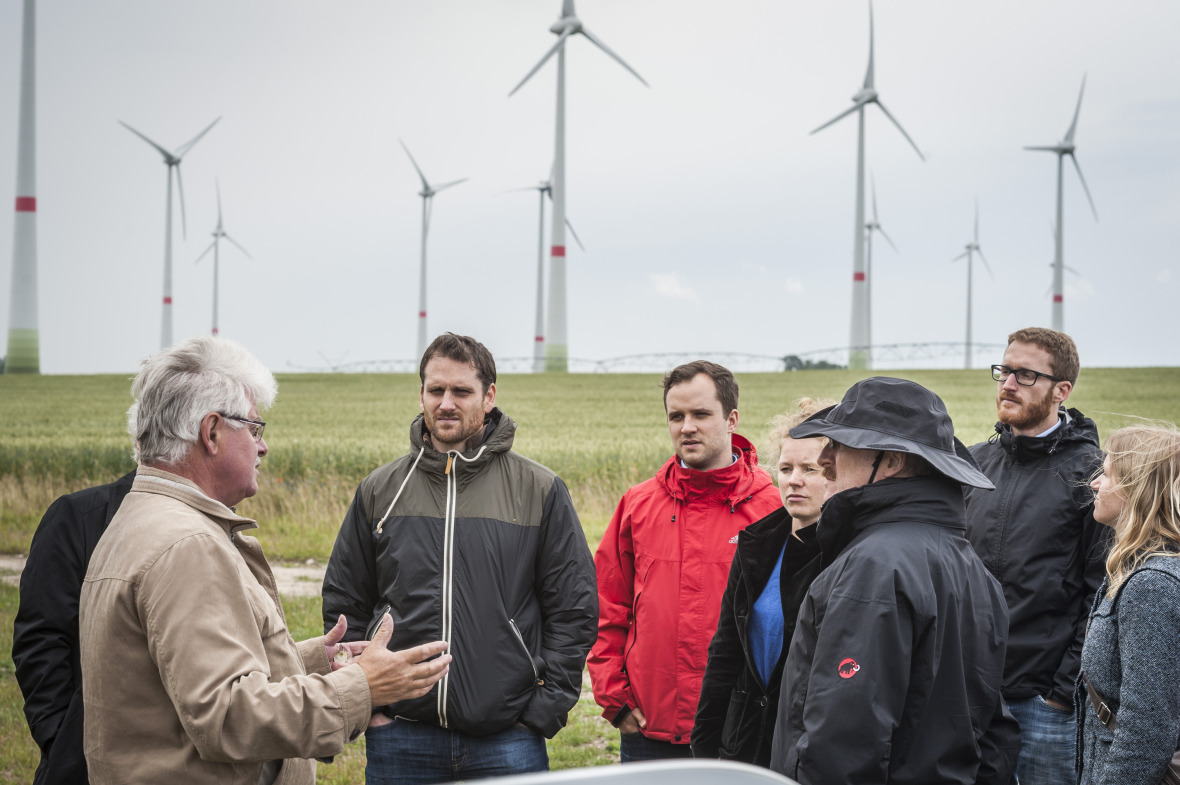Quo vadis, participation? How participation affects energy projects (BePart)
Duration

Germany plans to meet 80% of its electricity needs from renewable energy by 2030. Achieving this will require twice as much land area for solar and wind power infrastructure and it is likely that conflicts will arise in connection with this expansion of renewables. Participation in energy projects, for example through financial investments or public engagement in planning processes, is widely viewed as a way of building acceptance for the energy transition. In the project "Quo vadis Participation - evaluating participation in energy projects" (BePart), researchers quantify and analyse the effects of different community engagement methods in energy projects.
Participation is often viewed as a means to mediate between the widespread approval of the energy transition - in principle - and local opposition towards individual measures. As a result, there is an assumption that participation can create better outcomes in political decision-making processes. However, the beneficial effects of various forms of participation, such as financial benefit-sharing, are often assumed or anticipated in the absence of hard, quantitative evidence. In BePart, a team of researchers from RIFS works closely with Bündnis Bürgerenergie e.V. and the ECOLOG Institute to investigate the effects of participation processes on energy projects. In a quantitative study, the researchers will explore the following questions:
- What are the impacts of participatory processes in solar and wind power and grid infrastructure projects?
- Do participation processes affect public acceptance or the speed of project implementation? If so, under what conditions and how?
- Are there discernible patterns? Do different forms of participation result in different effects?
The project pursues an inter- and transdisciplinary approach to measure different forms and degrees of participation as well as their effects. The aim is to develop medium-term recommendations for future solar and wind power projects as well as grid infrastructure projects. This collaborative project is funded through the 7th Energy Research Programme of the German Federal Government in the subarea "Energy Transition and Society".





